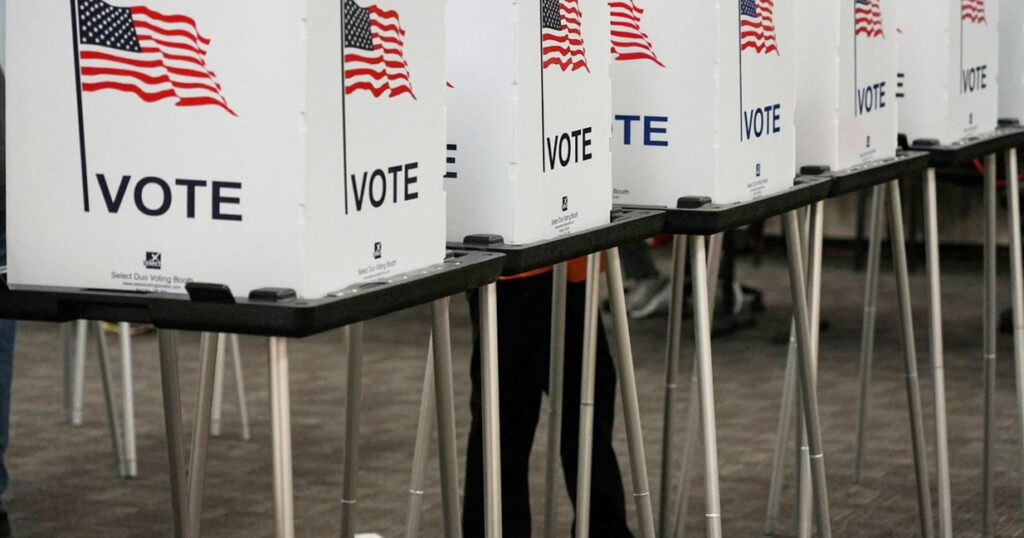The concept of election interference by foreign powers has become a critical concern for the United States. A particularly alarming development in this arena is the growing evidence of China’s attempts to influence U.S. elections. This issue, transcending mere political intrigue, represents a serious breach of international norms and could be interpreted as an act of aggression akin to warfare.
At the center of these concerns is a report from Martin Estrada, the U.S. attorney for the central district of California, who has raised the alarm about China’s meddling in U.S. elections. Estrada, in a confidential briefing to the House Judiciary Committee, highlighted the unique vulnerability of California, a state that serves as a major gateway to Asia, to Chinese influence. This revelation is significant, considering California’s strategic importance in U.S. politics and economics.
What makes this situation more complex and concerning is the subtlety of China’s methods. Unlike more overt acts of aggression, election interference is a covert operation, designed to manipulate public opinion and policy subtly. This strategy has been evidenced in several instances, such as the operation known as “Spamouflage Dragon,” identified by Meta. This campaign, aimed at influencing U.S. public opinion, has been linked to the Chinese government and represents a sophisticated effort to sway the outcome of elections in favor of Beijing’s interests.
The implications of such interference are profound. It challenges the very foundation of democracy – the sanctity of free and fair elections. By attempting to influence election outcomes, China is not just meddling in the internal affairs of another nation but is also attempting to reshape the global political landscape to its advantage.
Moreover, this kind of interference can have lasting impacts on U.S.-China relations. Trust, already a fragile commodity in international relations, is further eroded by such actions. It also places U.S. leaders in a difficult position, having to balance the need for a robust response to protect national sovereignty with the complexities of diplomatic engagement with a major global power.
The U.S. response to these revelations has been multifaceted. Efforts to fortify election systems against such interference are underway, with emphasis on inoculating the public against disinformation. These measures are crucial in safeguarding the integrity of U.S. elections. However, the challenge remains daunting, given the sophisticated nature of the threats and the ever-evolving tactics of foreign adversaries.
China’s interference in U.S. elections is a matter of grave concern. It represents not just a challenge to the integrity of U.S. democracy, but also a potential flashpoint in international relations. Addressing this issue requires a nuanced approach, balancing firm resistance to any form of electoral interference with the maintenance of constructive international relations. The stakes are high, and the outcome of this struggle will have far-reaching implications for the future of global democracy and international order.
Attempting to surreptitiously change the government of another country is very much an act of war. Yes, the U.S. has done this to other countries in the past, as have most of the major powers. And since governments do not like to be overthrown by this or other methods, It is usually accompanied by violence.
